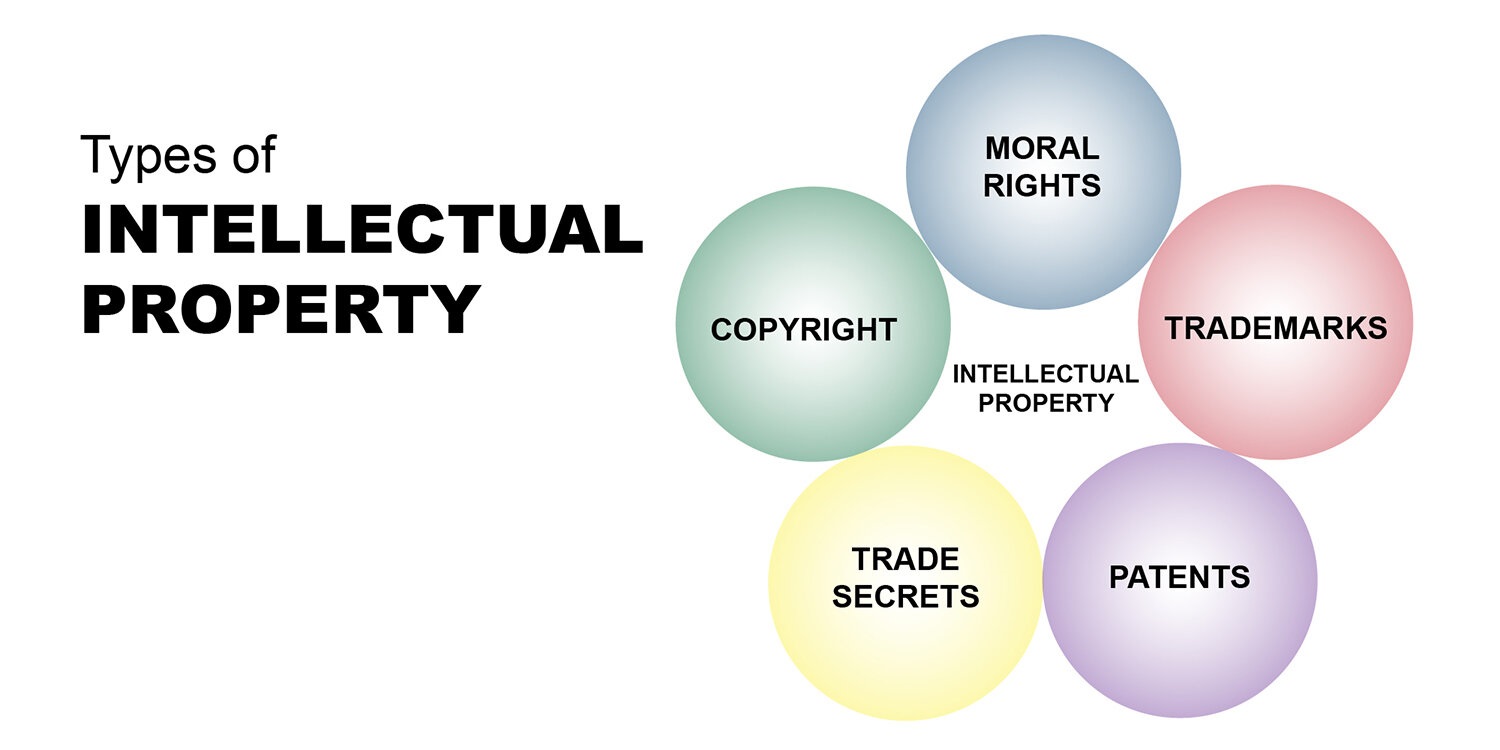Intellectual property (IP) refers to creations of the mind, such as inventions; literary and artistic works; designs; and symbols, names and images used in commerce.
IP is protected in law by, for example, patents, copyright and trademarks, which enable people to earn recognition or financial benefit from what they invent or create. By striking the right balance between the interests of innovators and the wider public interest, the IP system aims to foster an environment in which creativity and innovation can flourish.

Companies are diligent when it comes to identifying and IP property because it holds such high value in today's increasingly knowledge-based economy. Also, producing value IP requires heavy investments in brainpower and time of skilled labor. This translates into heavy investments by organizations and individuals that should not be accessed with no rights by others.
Extracting value from IP and preventing others from deriving value from it is an important responsibility for any company. IP can take many forms. Although it's an intangible asset, IP can be far more valuable than a company's physical assets. IP can represent a competitive advantage and as a result, is fiercely guarded and protected by the companies that own the property.
Under the Vietnam Intellectual Property Law (Law No. 50/2005/QH11), IP rights mean rights of organizations and individuals to intellectual assets, including copyright and copyright-related rights, industrial property rights and rights to plant varieties.
➢ Copyright means rights of organizations and individuals to works they have created or own.
➢ Copyright-related rights (hereinafter referred to as related rights) mean rights of organizations and individuals to performances, phonograms, video recordings, broadcasts and encrypted program-carrying satellite signals.
➢ Industrial property rights mean rights of organizations and individuals to inventions, industrial designs, layout-designs of semiconductor integrated circuits, trade secrets, marks, trade names and geographical indications they have created or own, and right to repression of unfair competition.
➢ Rights to plant varieties mean rights of organizations and individuals to new plant varieties they have selected, created or discovered and developed, or own.
Pinklaw will help you to register:
1. Copyright
Copyright is a legal term used to describe the rights that creators have over their literary and artistic works. Works covered by copyright range from books, music, paintings, sculpture and films, to computer programs, databases, advertisements, maps and technical drawings.
2. Patents
A patent is an exclusive right granted for an invention. Generally speaking, a patent provides the patent owner with the right to decide how - or whether - the invention can be used by others. In exchange for this right, the patent owner makes technical information about the invention publicly available in the published patent document.
3. Trademarks
A trademark is a sign capable of distinguishing the goods or services of one enterprise from those of other enterprises. Trademarks date back to ancient times when artisans used to put their signature or "mark" on their products.
4. Industrial designs
An industrial design constitutes the ornamental or aesthetic aspect of an article. A design may consist of three-dimensional features, such as the shape or surface of an article, or of two-dimensional features, such as patterns, lines or color.
5. Geographical indications
Geographical indications and appellations of origin are signs used on goods that have a specific geographical origin and possess qualities, a reputation or characteristics that are essentially attributable to that place of origin. Most commonly, a geographical indication includes the name of the place of origin of the goods.
6. Trade secrets
Trade secrets are IP rights on confidential information which may be sold or licensed. The unauthorized acquisition, use or disclosure of such secret information in a manner contrary to honest commercial practices by others is regarded as an unfair practice and a violation of the trade secret protection.

